How to save your planet: UK Schools Outreach Project
During British Science Week 2020 the BES Education Team travelled around England to deliver outreach events in which school pupils learnt more about global environmental challenges and how to solve them.
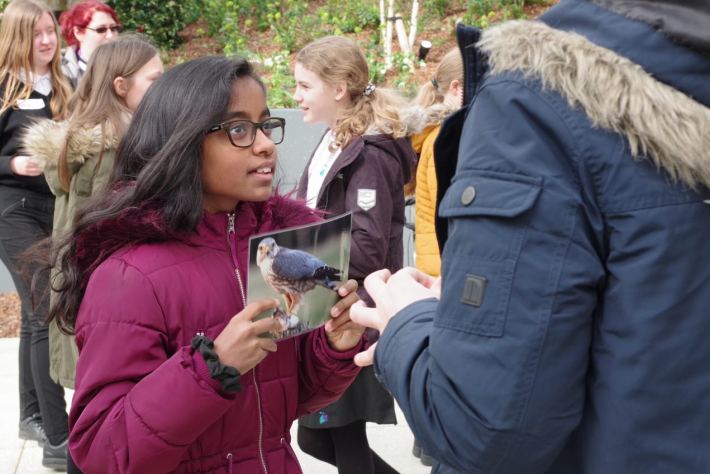
Engaging pupils before GCSE decisions are made
With our planet facing unprecedented environmental challenges, it’s no surprise that children are feeling anxious about their future. Constant messages of ‘doom and gloom’ from the media, and even in the curriculum itself, only serve to heighten this worry. In response to this, the BES and partner universities – Durham University, University of Leeds and University of Southampton – developed an event to punctuate key ecological messages with positivity.
I liked learning about what I can do as an individual to help the environment.
-School pupil
In this landmark project, which represents a first for the Society, Year 8 school pupils and their teachers took part in workshops to learn more about ecology and how it can provide positive solutions to some of our biggest challenges. With important decisions about GCSEs often being made at the end of Year 8 or the beginning of Year 9, the event also provided a fantastic opportunity to get these pupils thinking about science, particularly ecology, and scientific careers ahead of making choices that concern their future.
Can ecology help solve Earth’s biggest environmental challenges?
Finding solutions cannot happen without a broader understanding of the challenges facing our planet. At the beginning of the day most pupils had an idea that ecology was something to do with nature and that global challenges include things such as climate change, pollution, poverty and inequality. By the end of the event, pupils had an increased awareness of environmental challenges and the significance of tackling them.
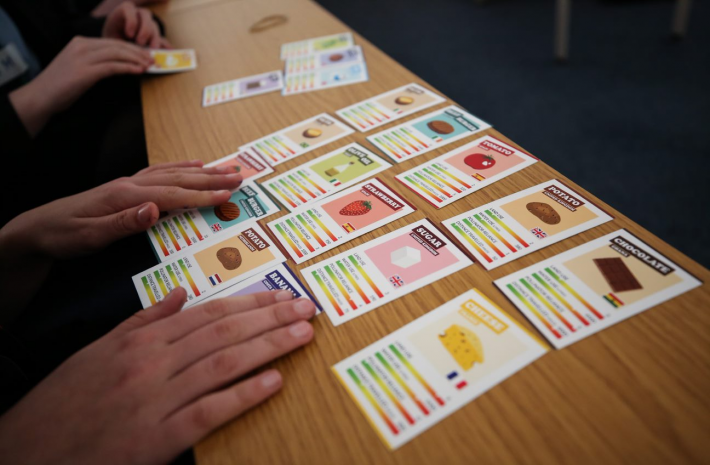
From building their own civilisations to identifying animals in camera trap images, pupils took part in hands-on and thought-provoking activities to learn more about threats to food security, the impacts of climate change and loss of biodiversity. Tasks such as building a food web with string and playing food security ‘Top Trumps’ were clear favourites, but pupils were also fascinated by discussions on issues they had not considered before. When asked to note down their thoughts on global challenges at the start and end of the day, pupils went from associating climate change with ice caps melting to identifying more widespread consequences such as flooding, droughts and wildfires. Additionally, many were surprised to learn about the various threats to food security and that loss of biodiversity is happening in the UK as well as further afield.
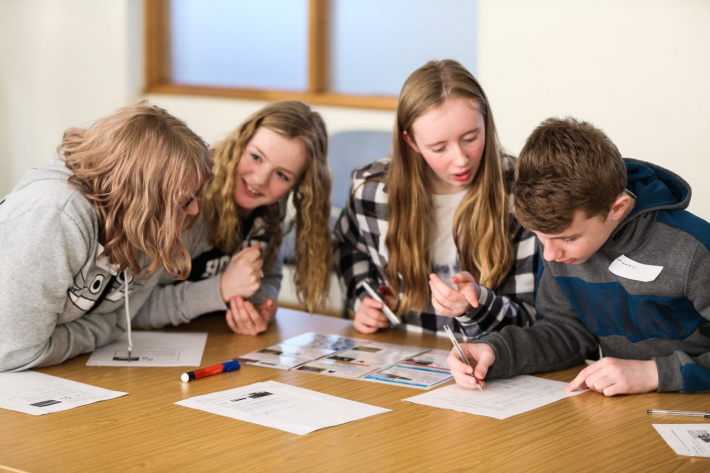
I enjoyed the food security workshop because I learnt lots that I didn’t know before.
-School pupil
Not only did the pupils expand their knowledge on these important issues, they were empowered to find answers in fun and positive ways. Their appetite to learn more about environmental issues, particularly regarding what they could do as individuals to help, meant that many left with personal actions they had devised to take forward. This empowerment of individuals through greater understanding was the key thought behind our title, ‘How to save your planet’.
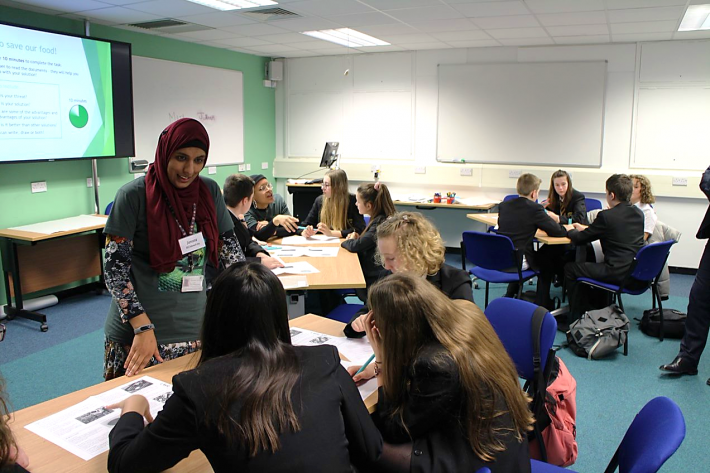
The sessions complemented and extended the curriculum. Pupils had the opportunity for engagement and decision making, whilst also receiving specialist input from the workshop leaders.
– Teacher
Inspiring the next generation
The workshops were designed and delivered by postgraduate researchers from our partner universities; the very people working on solving environmental challenges were able to share their passion, optimism and expertise with the pupils. More importantly, the postgraduate researchers acted as role models for potential career opportunities that pupils may not have considered previously.
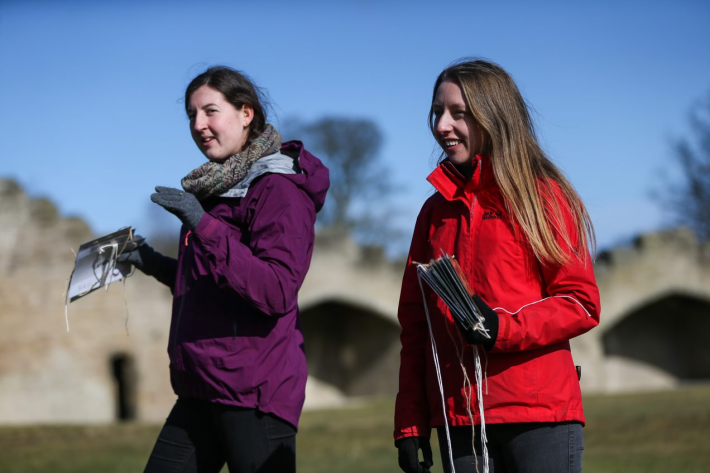
When inviting schools to attend, we asked teachers to especially encourage pupils from low-income backgrounds, those who may be first in the family to consider university and those belonging to ethnic minorities; these pupils may not have considered a career in ecology before and we wanted to expose them to the breadth of opportunities available.
At the Durham University event pupils heard from Sammy Mason, a PhD researcher who is investigating the use of a citizen science camera-trapping project to monitor UK mammal populations. Sammy shared her experience of being the first in her family to go to university. When she was in Year 8, Sammy had never considered that this pathway could have been an option for her. Thanks to inspiring lessons, an influential science teacher and access to opportunities for pupils from low-income backgrounds, Sammy not only went to university but undertook fieldwork around the world, excelled in her degree and even set up her own citizen science project.
As the outreach event continues in the coming years, we aim to not only expose children to ecological science and the positive solutions it provides, but also to the message that ecology is for everyone no matter what your background.
Like what we stand for?
Support our mission and help develop the next generation of ecologists by donating to the British Ecological Society.